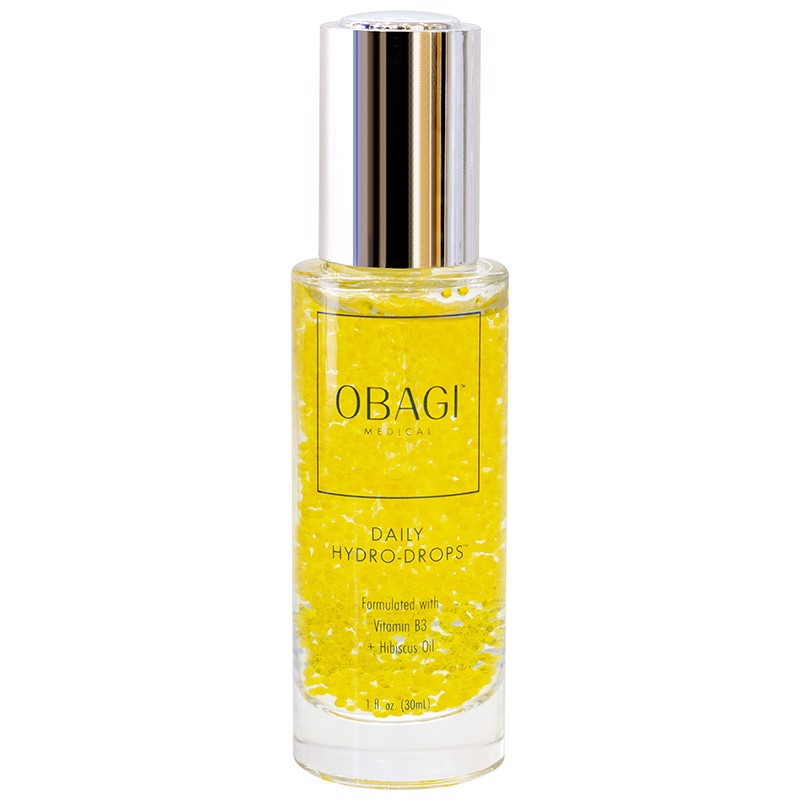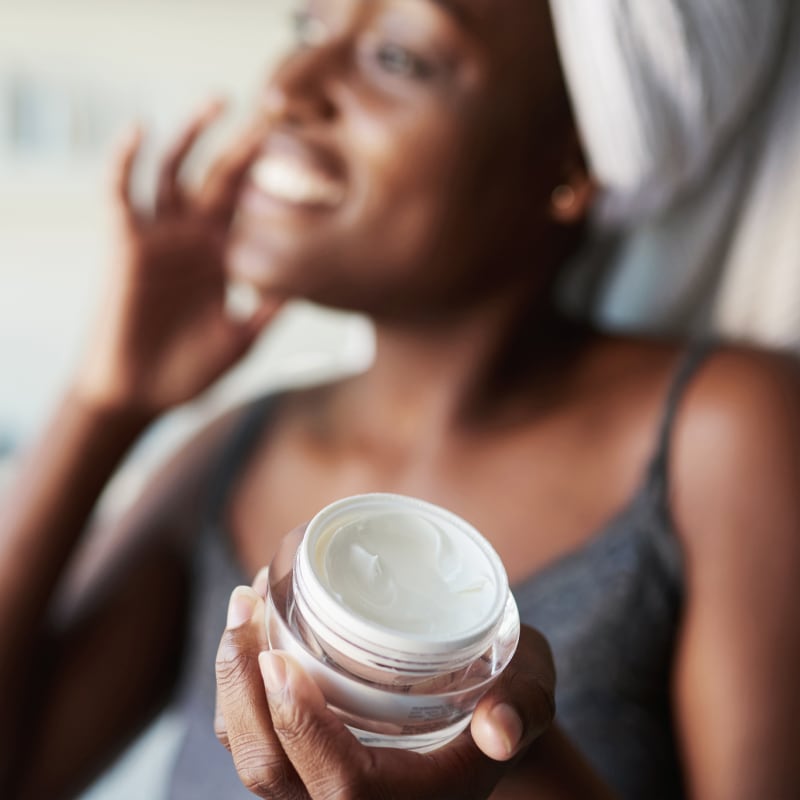Are Skincare Products a Waste of Time? Let’s Break It Down
Posted on 8th August 2024
In the ever-growing world of skincare, it’s easy to wonder: Are all these products really worth it? Or am I just throwing my money away? With social media showcasing a new “miracle” product every other day, skepticism is natural. But the truth lies in understanding what skincare products do, how they work, and whether they align with your skin’s needs.
Spoiler alert: Skincare products are not a waste of money—when chosen wisely and used consistently. Let’s explore why.
The Science Behind Skincare Products
At their core, skincare products are formulated to target specific skin concerns and maintain skin health. Here’s how some common categories of products work:
- Cleansers
Removing dirt, oil, and makeup is the first step to healthy skin. Skipping this can lead to clogged pores, dullness, and breakouts. A good cleanser tailored to your skin type is a non-negotiable. - Moisturizers
These hydrate your skin, lock in moisture, and strengthen the skin barrier. Even oily skin benefits from lightweight, non-comedogenic moisturizers. - Sunscreen
Dermatologists agree: daily sunscreen is the most effective anti-aging product. It prevents UV damage, reduces the risk of skin cancer, and keeps skin looking youthful. - Serums and Treatments
Products with active ingredients (like vitamin C, retinol, or hyaluronic acid) address specific concerns such as fine lines, pigmentation, or dryness. These are where targeted transformations happen. - Exfoliants
By removing dead skin cells, exfoliants can improve texture, clarity, and the absorption of other products. Over-exfoliation, however, can backfire, so moderation is key.
When Skincare Products Feel Like a Waste
Despite their potential benefits, skincare products can feel like a waste of money if:
- You’re Using the Wrong Products
Not all products suit every skin type. For example, heavy creams on oily skin or harsh exfoliants on sensitive skin can cause more harm than good. - You’re Expecting Miracles Overnight
Effective skincare takes time. While marketing often promises instant results, most products require weeks (or months) of consistent use to show significant improvements. - You Fall for Hype, Not Ingredients
Trendy products with pretty packaging might catch your eye, but they’re not always effective. Understanding what ingredients work for your concerns is far more important than following fads.
How to Make Skincare Products Worth Your Investment
- Understand Your Skin Type and Concerns
Take time to assess your skin’s needs. Is it oily, dry, or combination? Are you dealing with acne, sensitivity, or uneven tone? This knowledge helps you select products that truly benefit your skin. - Focus on Proven Ingredients
Look for active ingredients backed by science:- Hyaluronic Acid: Hydration
- Vitamin C: Brightening and antioxidant protection
- Retinoids: Anti-aging and acne treatment
- Niacinamide: Reduces redness and regulates oil
- Buy from Trusted Brands
Not all products are created equal. Established brands with transparent practices and dermatologist-backed recommendations are often a safer bet than unregulated or overly hyped alternatives. - Track Your Progress
Give products time to work, and keep an eye on changes in your skin. This helps you distinguish what’s effective from what’s not.
Why Skincare Is an Investment, Not a Waste
When used thoughtfully, skincare products are an investment in your skin’s health and appearance. They’re not just about aesthetics—they help:
- Protect your skin from environmental damage.
- Prevent premature aging.
- Address skin concerns like acne, dryness, or sensitivity.
- Boost your confidence by improving skin texture and tone.
Spending wisely and sticking to a consistent routine ensures you get real value for your money.
Final Thoughts
Are skincare products a waste of money? No—if you use the right products for your needs and approach them with realistic expectations. Instead of chasing trends or splurging on unnecessary items, focus on creating a routine that works for your skin.
Remember, skincare isn’t just about looking good; it’s about feeling good, too. When you care for your skin, you’re practicing self-care—and that’s always worth the investment.



